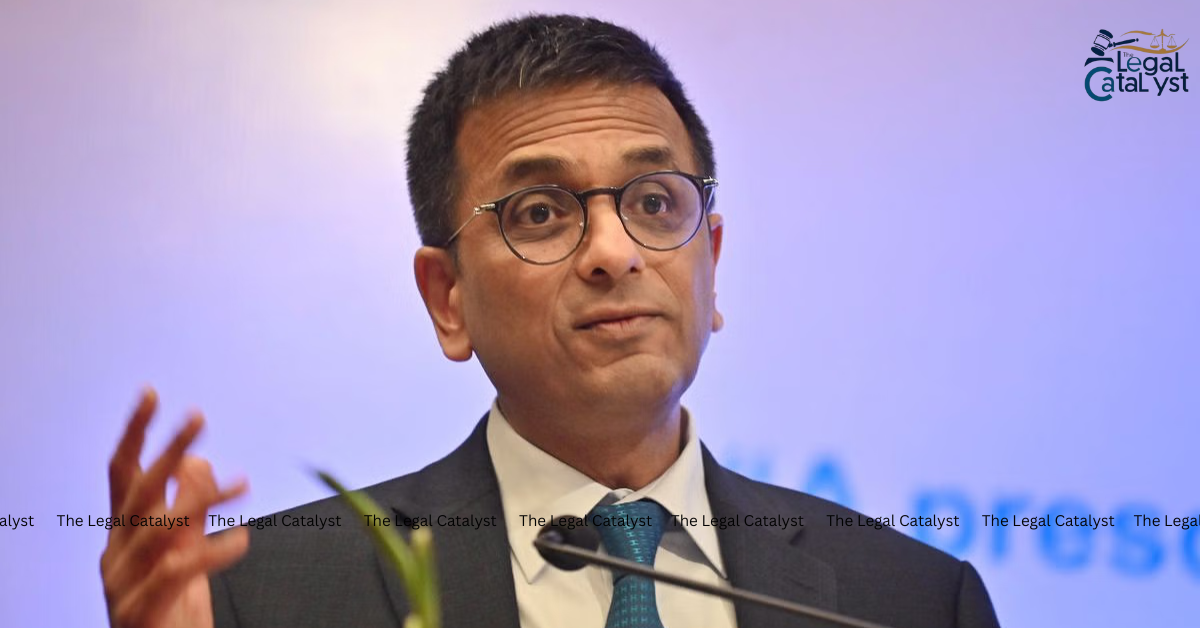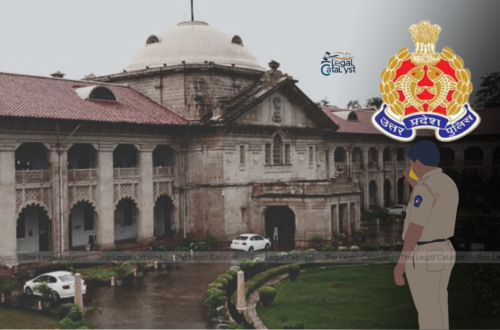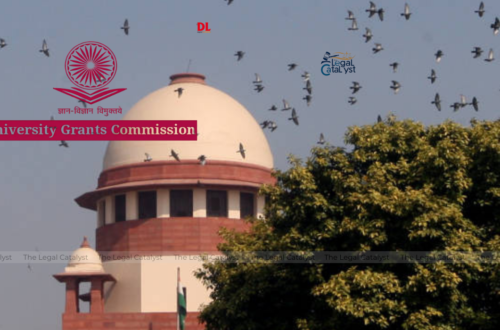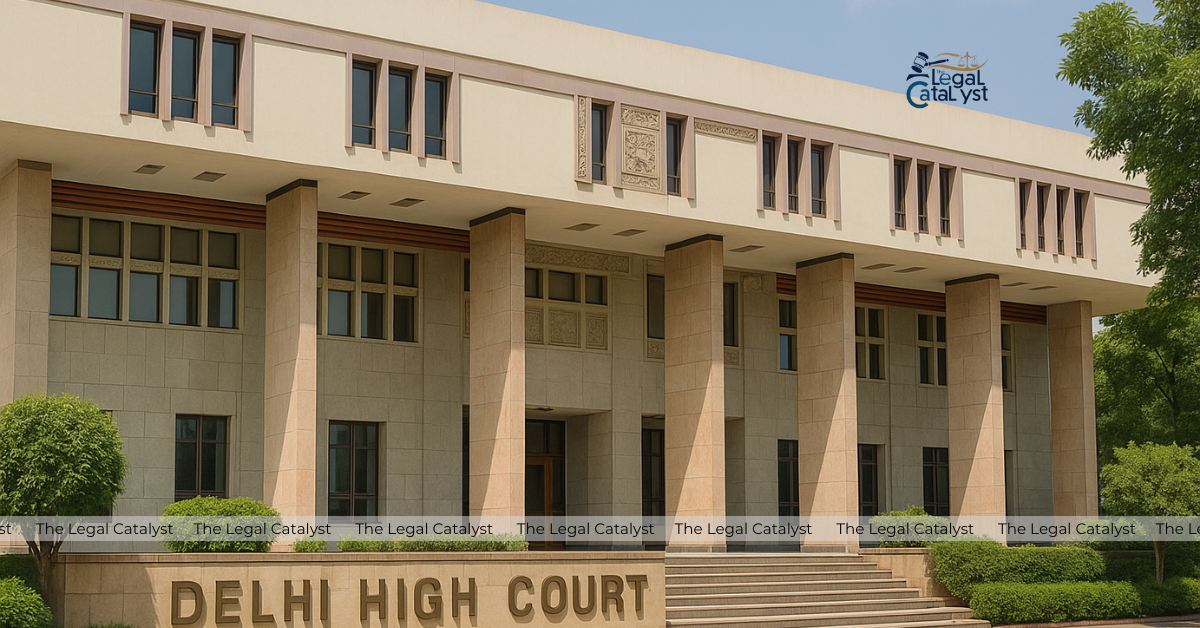New Delhi – Former Chief Justice of India (CJI) DY Chandrachud addressed the Joint Parliamentary Committee (JPC). He spoke on the One Nation One Election Bill in a significant closed-door briefing. He raised constitutional concerns about specific provisions in the proposed legislation. He clarified that the idea of simultaneous elections does not violate the basic structure of the Constitution. However, he stressed that the current draft contains critical flaws. These flaws must be addressed before proceeding further.
The meeting, attended by 38 Members of Parliament and parliamentary officials, also saw inputs from former CJI JS Khehar. The interaction was part of the JPC’s consultative process. This evaluation process had two main goals. First, it aimed to assess the viability of conducting concurrent elections to the Lok Sabha, State Assemblies, and local bodies. Second, it examined the legality of such elections.
Simultaneous Elections Constitutionally Permissible, Says Chandrachud
Justice Chandrachud began by stating that simultaneous elections are not unconstitutional. He pointed out that between 1950 and 1960, elections to the Lok Sabha and State Assemblies were held concurrently. He cited the example of 1957. Several state assemblies were dissolved early that year to align with the parliamentary election cycle.
He clarified that democracy and federalism, though integral to the Constitution’s basic structure, do not prohibit synchronised elections. However, he emphasised that any changes must be implemented with clear safeguards and constitutional accountability.
Connect with us on Instagram – X – LinkedIn for daily updates, quizzes, and other materials.
Severe Objections to Election Commission’s Powers
The former CJI raised a serious concern on the One Nation One Election Bill. It involved the broad powers granted to the Election Commission of India (ECI) under the Bill. This concern was significant. He flagged two specific provisions:
- A clause allowing the ECI to modify constitutional provisions (Part XV) to enforce the new election framework.
- A provision enabling the ECI to postpone State Assembly elections if simultaneous polls are deemed infeasible.
Justice Chandrachud argued that giving such unilateral and undefined authority to a constitutional body like the ECI is risky. It could undermine democratic principles. He stressed that any power to defer elections must be clearly defined, limited in scope, and subject to legislative oversight.
Three-Point Framework for Safeguards
To address these flaws of One Nation One Election Bill, the former CJI proposed a three-pronged safeguard mechanism:
- Postponement of elections should be permitted only in cases of national security or public order.
- Such decisions must be ratified by both Houses of Parliament.
- The duration of postponement must be clearly limited.
Chandrachud warned about the absence of these guardrails. The law could lead to unchecked power in the hands of the ECI. This would depart from constitutional norms.
Unaddressed Constitutional Scenarios
Justice Chandrachud further highlighted two significant legal gaps in the Bill:
- National Emergency under Article 352: The Bill lacks clarity on how synchronised elections would function during or after an emergency. This is especially true when legislative terms are extended.
- Premature Dissolution of State Assemblies: In cases where assemblies are dissolved before their full tenure, the Bill offers no guidance. It does not specify whether elections should be aligned with the Lok Sabha or held immediately.
He cautioned that these “constitutional silences” could create confusion. They might be misused unless specifically addressed in the final text of the law.
Key Takeaways from Former CJI’s Input
Justice Chandrachud concluded his submission with three major points:
- Simultaneous elections are constitutionally permissible and do not violate the basic structure.
- The proposed powers for the Election Commission must be revised and constitutionally bounded.
- The Bill must address emergency situations and premature dissolutions to avoid legal ambiguity.
Background on the One Nation One Election Bill
The Constitution (One Hundred and Twenty-Ninth Amendment) Bill, 2024, aims to create a framework. This framework is for conducting synchronized elections for the Lok Sabha, State Legislative Assemblies, and local self-government bodies. The government has formed a 39-member Joint Parliamentary Committee. This committee is chaired by BJP MP PP Chaudhary. It will review the One Nation One Election Bill.
Members include senior leaders such as Anurag Thakur, Priyanka Gandhi Vadra, Manish Tewari, Supriya Sule, and Sambit Patra. The committee has held multiple consultation rounds with legal experts. They have also consulted former judges. These consultations aim to evaluate the constitutional and administrative implications of the One Nation One Election proposal.
Also Read
Calcutta High Court Informed: South Kolkata Law College Rape Survivor Satisfied with Police Probe
Delhi High Court Stays Release of ‘Udaipur Files’ Directs Petitioners to Approach Centre






